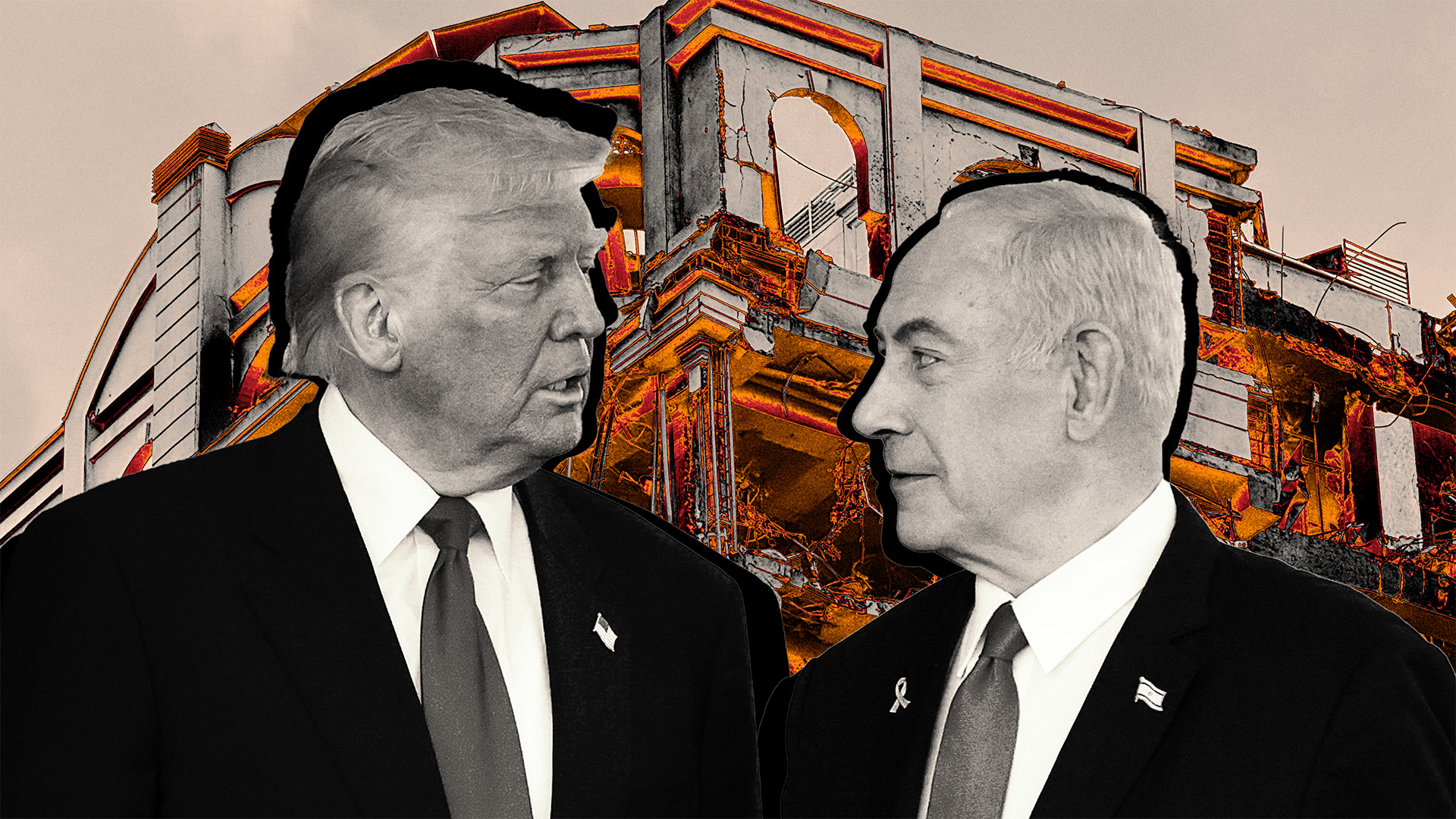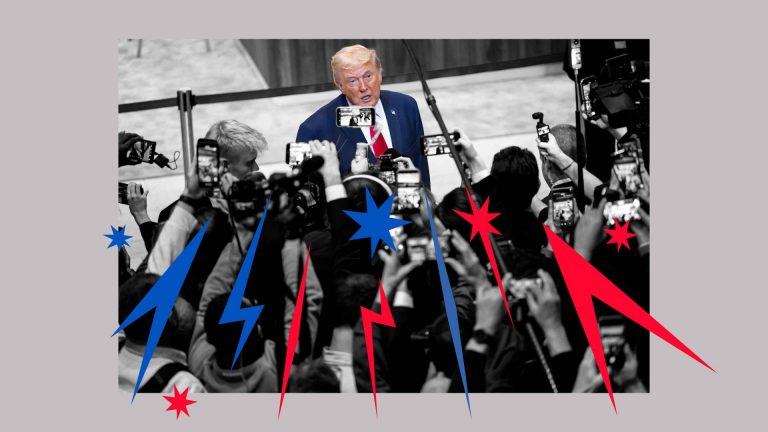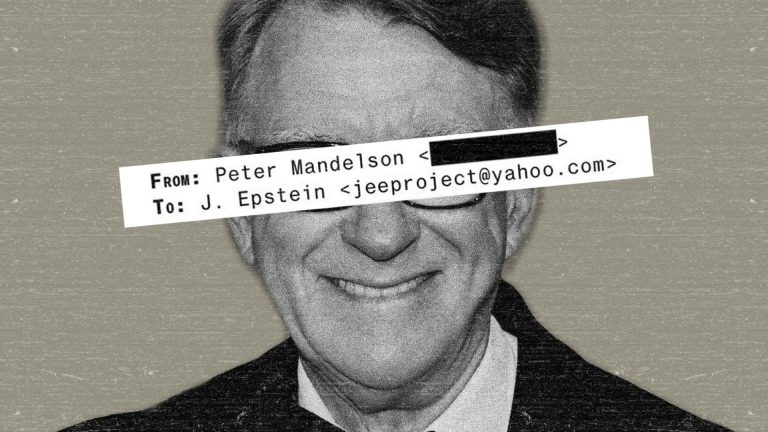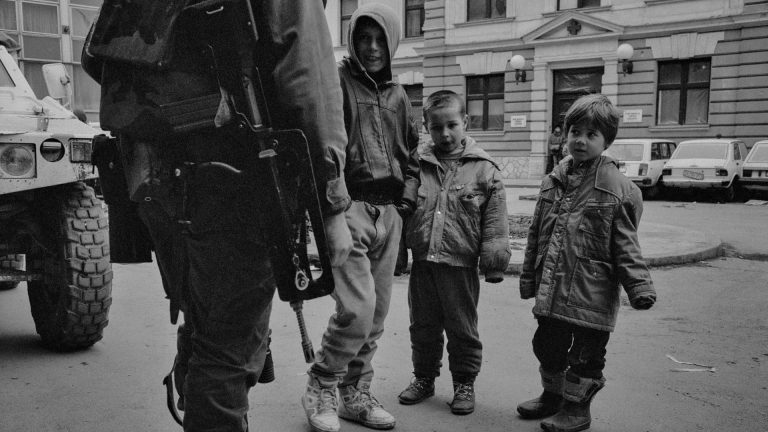In the immediate aftermath of Israel’s attack on Iran’s nuclear sites, few things are yet certain. But this much is very clear: that the geopolitical landscape really has changed since Donald Trump’s return to the White House, and in ways that will not be confined to the Middle East and Ukraine.
Tehran’s nuclear ambitions long predate the 1979 revolution and the establishment of the Islamic Republic. But it was only in the 1990s that Iran acquired the centrifuges that enable uranium enrichment. For more than thirty years, Israel has, with varying degrees of commitment, threatened to bomb its enemy’s nuclear sites – with particular attention to the Fordow enrichment plant near the Iranian city of Qom.
As an underground facility, Fordow could only be destroyed with American bunker-buster bombs. Which is symbolic of the geopolitical significance of this crisis.
The Natanz facility, in the central province of Isfahan, is where most of Iran’s nuclear fuel is produced and appears to have been the principal target of last night’s assault. But Fordow will be hard to eliminate without direct US support – which has been conspicuously absent.
Donald Trump claims that he was informed by Benjamin Netanyahu’s government of its intention to strike and was sufficiently persuaded that action was imminent to withdraw US embassy staff from Baghdad yesterday. In similar spirit, defense secretary Pete Hegseth gave US military dependents in Bahrain, Kuwait and elsewhere permission to leave the region.
The White House and Pentagon, in other words, were already braced for retaliation by Tehran – and not just against Israel. What is so striking is the extent to which US statements on “Operation Rising Lion” have diffidently avoided the standard American language on Israel’s right to self-defence. Secretary of state Marco Rubio pointedly referred to the action as “unilateral… We are not involved in strikes against Iran and our top priority is protecting American forces in the region”.
The sound that you can hear is Pilate washing his hands. The US, deploying Trump’s ubiquitous and spectacularly unqualified envoy Steve Witkoff, has been trying to broker a deal over Iran’s nuclear capability. Safe to say that those talks are now, at best, on hold, and possibly scuppered.
Suggested Reading
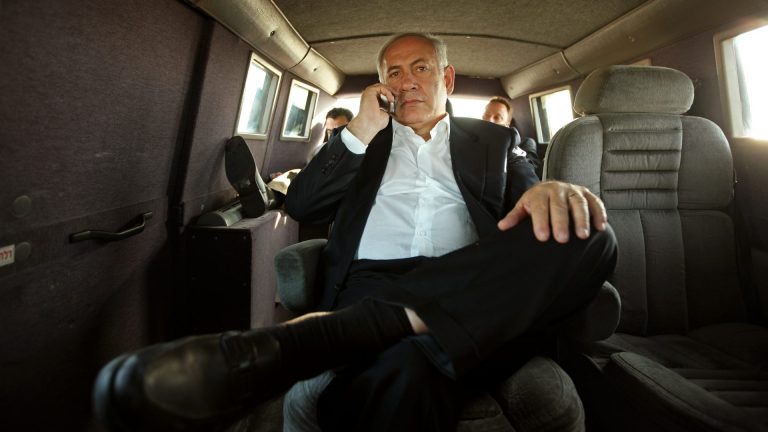
The film that put Netanyahu in court
What we are witnessing is an early example of what “America First” really means when it is more than a slogan. Previous presidents – George W Bush, Barack Obama, Joe Biden – have all made clear their opposition to Israeli attacks on Iran’s nuclear facilities. Though Obama and Biden both sought to end the era of neocon interventions and “forever wars”, both still felt a residual obligation, as leader of the free world, to prevent conflict or at least to dissuade its uncontrolled escalation. Biden was often criticised for his support of Israel after October 7 – but he would never have countenanced such an attack.
By withdrawing America from the original Iran nuclear deal in 2018 – the Joint Comprehensive Plan of Action finalised in Vienna in 2015 – Trump gave early notice of his general intention to hasten the US retreat from the world stage, at least in the role of global policeman. He is planning to begin talks to withdraw tens of thousands of troops from Europe after the Nato summit in The Hague on June 24-25. His exasperation with Vladimir Putin over Ukraine will not translate into renewed US support for Volodymyr Zelensky: indeed, it has only entrenched the president’s instinct that all this has nothing to do with him.
The US, of course, will continue to protect its interests overseas and not hesitate to take action in the days ahead if it perceives a direct threat to America, at home or abroad. But that is very far from the role to which the rest of the world has grown used: the ultimately dependable geopolitical sheriff to whose authority all other nations could appeal.
What happened last night was symbolic not only of America’s diminishing strength on the world stage but, much worse, of its diminishing interest. More than ever, Europe – by which I mean the continental group of nations including the UK, as opposed to the European Union – must decide how it is to respond to such crises without the comforting backstop of US military might.
On June 4, 1940, Winston Churchill told the House of Commons that the moment would come, as it always did, when “the New World with all its power and might, steps forth to the rescue and the liberation of the old”. Almost exactly 85 years later, that expectation is now wholly misplaced. We must work out our own strategies, answers, red lines and collaborative plans. The task is dauntingly huge. A new world, indeed.


